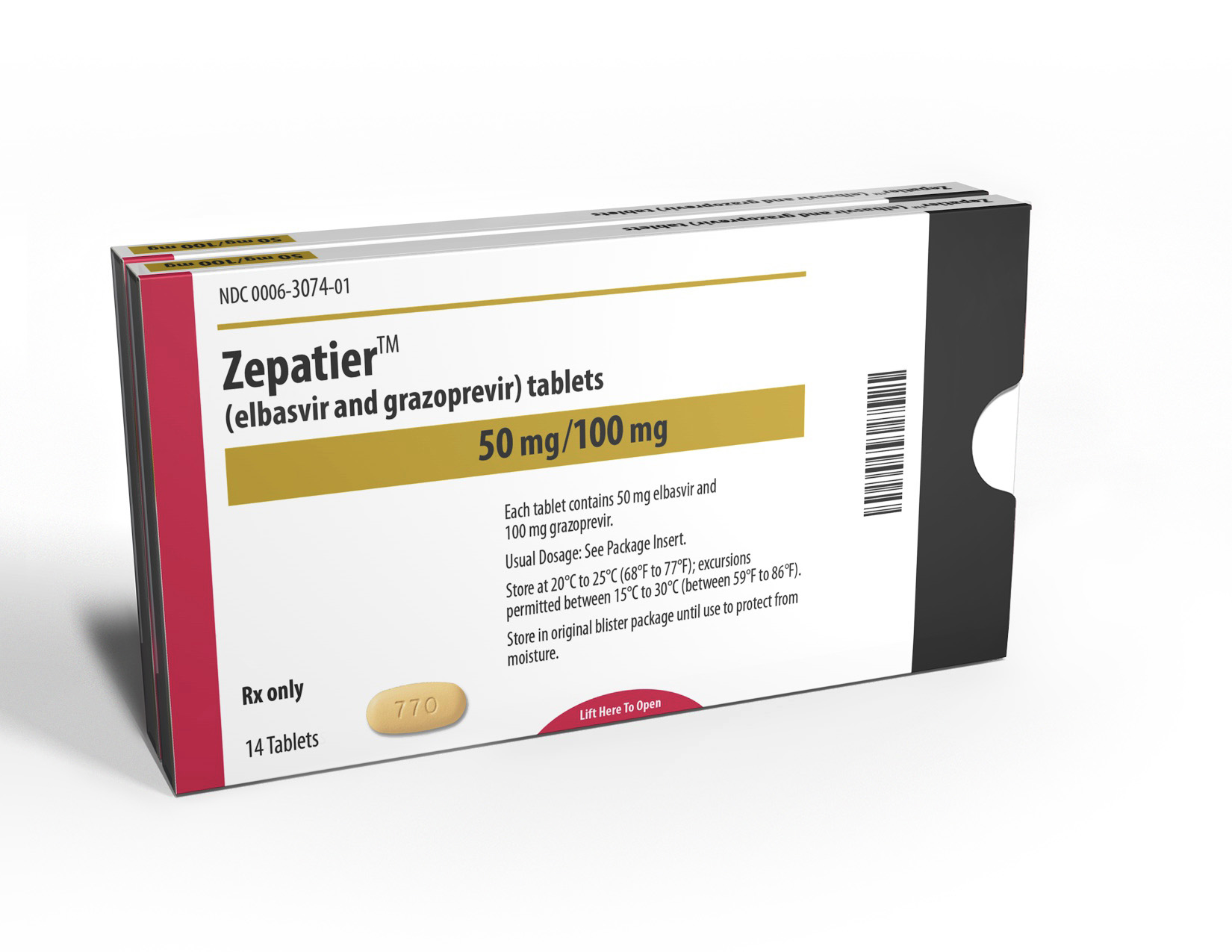Zepatier to add competition to Europe’s hep C market

The European Commission has approved Merck Sharp & Dohme’s hepatitis C treatment Zepatier, creating new competition for Gilead and AbbVie’s established combination treatments.
This puts it into direct competition with Gilead, who are overwhelmingly the market leaders with Sovaldi (sofosbuvir) and its combination treatment Harvoni (sofosbuvir and ledipasvir).
Merck Sharp & Dohme (as Merck is known outside the US) hasn’t yet disclosed its European prices, but is likely to use the same aggressively low pricing which has won it market share in the US.
One advantage over Sovaldi is that Zepatier is not metabolised via the kidney, and so Merck is targeting doctors prescribing for patients with renal impairment, as well as those with compensated cirrhosis or on opioid substitution therapy
However Merck Sharp & Dohme (MSD) is most likely to challenge AbbVie’s product, its two pill treatment regimen of Viekirax (ombitasvir/paritaprevir/ritonavir) and Exvira (dasabuvir).
Zepatier is a once daily combination of NS5A inhibitor elbasvir (50 mg) and NS3/4A protease inhibitor grazoprevir (100 mg), and is now licensed to treat chronic hepatitis C virus (HCV) in adults with genotype 1 and 4 infection.
Like its rivals, Zepatier can cure most HCV patients, but because it has arrived late to market, Merck decided to undercut its rivals on price when it launched the produce in the US in January.
Its US list price of $54,600 is far below the $83,319 charged by AbbVie for Viekira Pak (as it is known in the US) or the $94,500 charged by Gilead for Harvoni. Intense competition has forced both Gilead and AbbVie to slash these prices – with discounts nearing 50% - but Merck’s drug is still thought to be cheaper.
Both Gilead and AbbVie have been hit by the arrival of Zepatier, which earned $112 million in its second quarter on the US market.
In a recent conference call, AbbVie’s chief executive Richard Gonzalez admitted that Viekira Pak had taken a major hit from Merck’s aggressive pricing.
“We decided that we were not going to match the lowest price, the eight-week price, that was out into the marketplace. And therefore, we lost a significant amount of share,” said Gonzalez.
“At our peak, we probably had close to 40% [market] share, and now we have share that's more down in the single-digit range.”
Now both AbbVie and Gilead could see their market share under threat in Europe as well, where payers across the region are keen to strike deals where costs are cut but access increased.
Nevertheless, Zepatier looks to have arrived just as the boom in the market is ending. However Gilead and AbbVie have both reported a slowdown in new patients starting treatment in the US and Europe, signaling a general levelling off in a market which has developed at breakneck speed over the last 18 months.
This probably reflects the fact that many of the sickest hep C patients have now been signed up for treatment, with payers is less of a hurry to initiate treatment for those in less immediate danger of liver failure or death.
As the drugs offer a cure, eradicating the disease is now achievable. But it is a huge challenge: chronic hepatitis C infection affects up to 150 million people globally, with approximately 15 million of these people living in Europe.
Payers in Europe are particularly keen to tackle this challenge slowly and reduce annual costs to healthcare systems.
This is particularly the case in England, where NHS England has put in place a system of tendering aimed at driving down prices.
NHS England will be particularly pleased to see the arrival of Zepatier, but this is still some months away.
MSD says Zepatier will be launched in its first European between the fourth quarter of 2016 and the first quarter of next year, and then continue throughout 2017.












